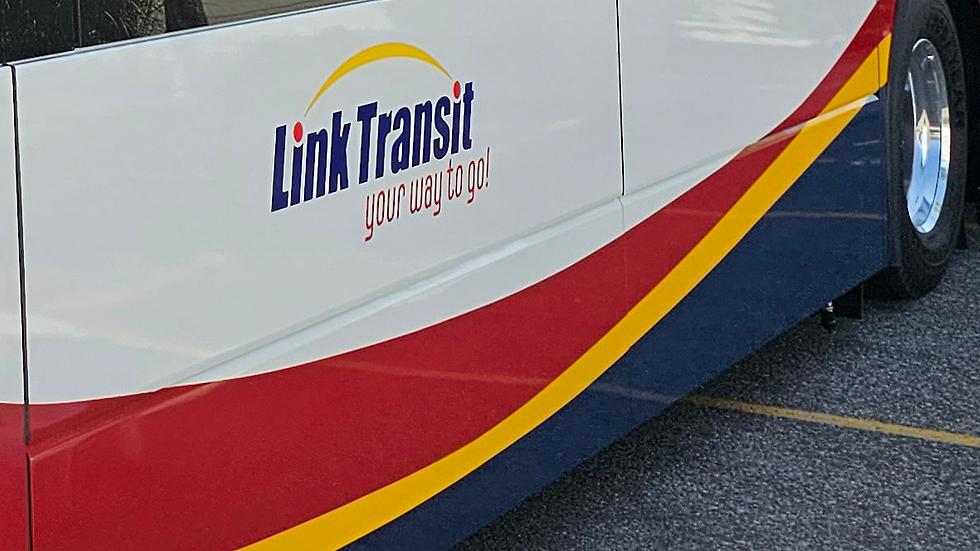
LINK Transit first in nation with wireless e-bus charging
Link Transit is the first public Transit system in North America to deploy a wireless fast charging system. Eric West says the newly developed wireless 200-kilowatt battery charger allows the driver to recharge the bus battery within minutes periodically throughout the day
Most electric automobiles vehicles are charged at a rate of 3.3 kilowatts. But at 208 kilowatts, Link Transit’s wireless charger delivers 3.4 kilowatt-hours of energy to the battery per minute, roughly 60 times faster than the most common automobile chargers.
West says Link Transit became the first public bus system in the country to start using this type of automatic wireless charging system
Link uses the electric buses on the routes operating in the Wenatchee and East Wenatchee area. The $250-thousand system has been installed on Link’s new electric bus. The charger is installed at Columbia Station. Link will study the wireless system's performance before considering whether to add it on up to four additional busses.
In a press release, West said the system went into service on March 8, at 1:15 pm.
The wireless 200-kilowatt (kW) on-route battery charger is from Momentum Dynamics was installed at Columbia Station and successfully transmitted 208 kW to Link’s new 2017 BYD K9S coach bus. West said this use of automatic wireless charging represents the first time that a 200-kW wireless charging system has been placed into routine revenue service with a public transit agency. Previous installations have achieved charging rates of 25% of this power level. The higher power of the new system from Momentum Dynamics will allow much faster charging of the bus each time it stops for just a few minutes along a circulation route.
The ability to wirelessly charge a municipal bus is important in transit operations because faster charging allows the buses to achieve driving ranges that make them viable for most daily services. Link uses the electric buses on the routes operating in the Wenatchee and East Wenatchee area that are from 7 - 15 miles in length, with total travel of 120 - 150 miles per day. In order to compete with diesel vehicles, electric vehicles must be able to operate the full day while maintaining an energy reserve at the end of the day. The benefits of electric buses are zero tailpipe emissions and far lower operational costs for fuel and maintenance.
Previously, Link Transit has experimented with overhead conductive (wired) chargers as part of the e-Bus project. These chargers were very complex with many moving parts and had poor reliability. The wireless charger has no moving parts and should be much more reliable.
The immediate benefit of these wireless chargers is that in a typical scheduled layover, enough energy can be added to the battery to allow the bus to travel 12 - 15 miles. This allows the bus to operate a complete day of service.
“BYD is proud to partner with innovative agencies like Link Transit as they continue to expand the potential application of battery-electric bus technology,” stated Macy Neshati, Senior Vice President of BYD. “We congratulate them on this milestone and are eager to continue working with them to change the world.”
“We congratulate the leadership team and Board of Link transit for being the first in the nation to install this groundbreaking technology,” said Momentum’s CEO Andrew Daga, “this fundamentally changes the paradigm and the begins the process of electrifying the nation’s transit system – Wenatchee is the epicenter of this movement by the bold decision of Link’s management.”
Link has a total of five BYD coaches in service. Presently, only one bus is outfitted to work with the wireless charger. Over the next several months, the performance of this vehicle will be monitored as operating conditions change. The decision to retrofit the other four vehicles will be made based on the evaluation of these results.
More From NewsRadio 560 KPQ









